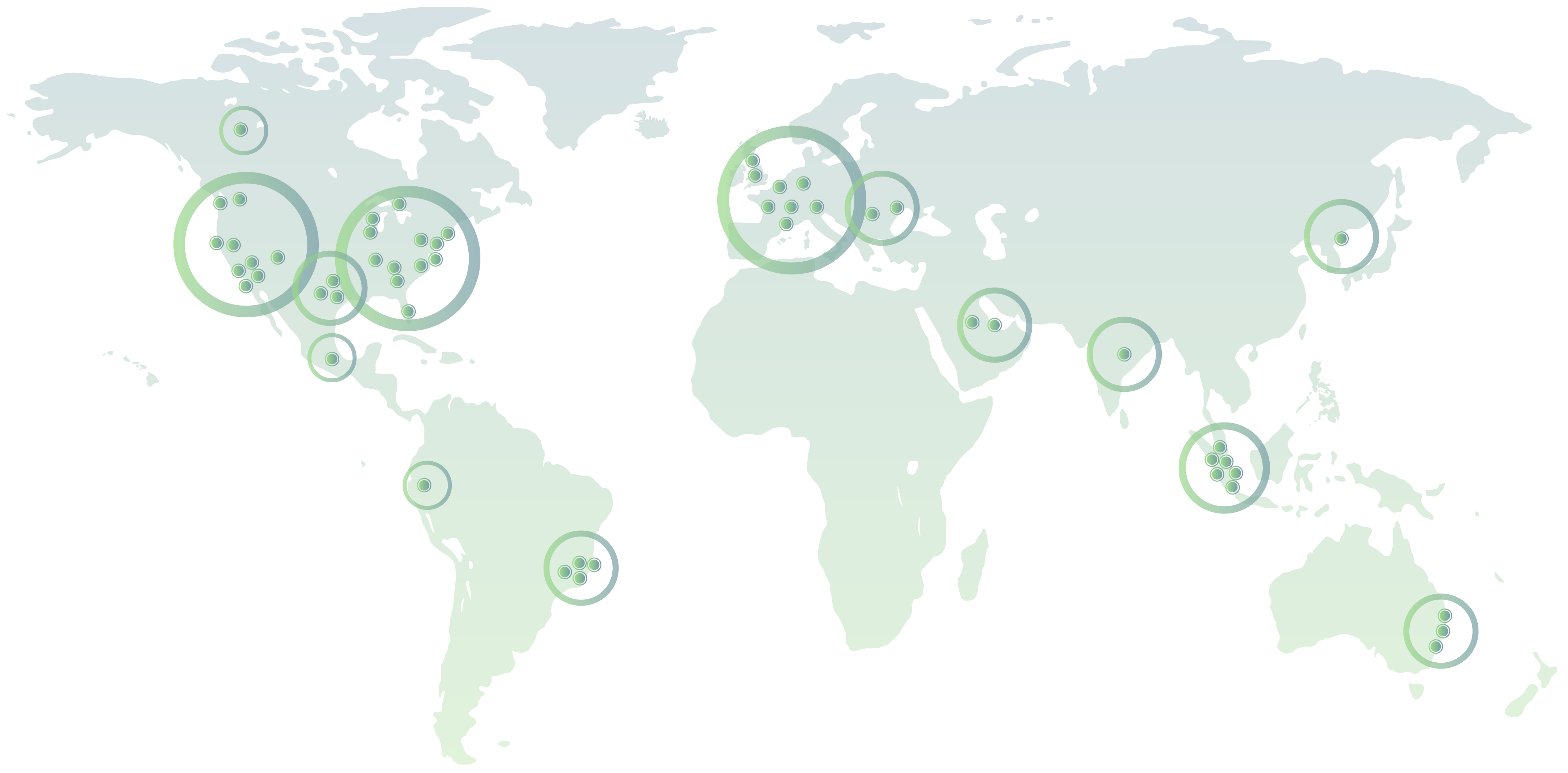
DEI 2025: adapting to a new era

Navigating the Shifts in Corporate Diversity, Equity, and Inclusion Strategies
In 2025, the corporate landscape of Diversity, Equity, and Inclusion (DEI) is undergoing significant transformations. Several prominent companies, including Target, Walmart, Meta, and McDonald’s, have reduced their DEI workplace initiatives, influenced by economic pressures, legal challenges, and political shifts. Notably, the current administration's executive order against DEI has intensified debates regarding the role of corporate inclusion programs.
Conversely, organizations like Costco and JPMorgan Chase maintain their commitment to DEI in the workplace, recognizing its long-term value. This divergence prompts a critical question for business leaders: How should companies navigate this evolving environment while balancing compliance, talent expectations, and business growth?
The New DEI Landscape
Navigating political and legal pressures
The political and legal pressures surrounding DEI in the workplace are reshaping corporate strategies. Recent federal and state policy changes have introduced new hurdles for businesses striving to maintain inclusive workplaces.
Legal actions targeting affirmative action and diversity hiring programs have prompted many organizations to reassess their approaches. Some companies have responded by scaling back DEI workplace initiatives due to external pressures and regulatory uncertainties.
Others, however, are doubling down and integrating DEI into broader business strategies, recognizing that inclusion is not just a moral imperative but a long-term business advantage.
Meeting workforce & market expectations
At the same time, workforce and market expectations remain high. Employees continue to seek inclusive environments that foster equity and belonging, while consumers and investors—especially those with a strong focus on Environmental, Social, and Governance (ESG) factors—demand that companies demonstrate a real commitment to diversity. The tension between external regulatory forces and internal stakeholder expectations is creating a complex landscape for businesses to navigate, as we have discussed previously.
The Business Case for Sustained DEI Efforts
Despite the current challenges, DEI in the workplace remains a critical factor in business success. Inclusive workplace cultures enhance employee engagement, satisfaction, and loyalty, which in turn improves retention. Companies that scale back their DEI workplace efforts risk losing top talent to competitors that remain committed to fostering diverse and inclusive workplaces.
Beyond talent retention, DEI plays a fundamental role in market competitiveness and innovation. Research consistently shows that diverse teams contribute to improved decision-making and drive greater innovation, leading to better business performance. Organizations that prioritize DEI in the workplace position themselves for long-term success in a rapidly evolving global economy.
There are also significant legal and reputational risks associated with scaling back DEI efforts. Companies that reduce their focus on inclusion may face legal challenges, including discrimination lawsuits, while also suffering from negative press and employee backlash. A weakened DEI stance can undermine a company’s reputation and, ultimately, its bottom line.
Strategic Alignment: Integrating DEI With Business Goals
Aligning DEI with business objectives
In this evolving landscape, business leaders must be strategic about their DEI workplace initiatives. The key lies in aligning DEI workplace efforts with overall business objectives. Companies must shift from viewing DEI as a social responsibility initiative to embedding it as a fundamental business strategy. Leveraging data and analytics to link DEI efforts with financial performance will strengthen the business case for inclusion and ensure sustained investment.
Ensuring compliance amid changing regulations
Navigating the changing legal and compliance landscape requires a thoughtful approach. Companies must remain agile, balancing new legal restrictions with the need to maintain an inclusive work environment. Legal teams, HR, and corporate DEI leaders must collaborate closely to ensure that policies and initiatives align with the evolving regulatory environment.
From performative to impactful: enhancing DEI initiatives
For corporate DEI strategies to be truly effective, companies must move beyond performative efforts and focus on measurable impact. Strengthening Employee Resource Groups (ERGs), fostering internal communities of support, and holding leadership accountable for promoting inclusion are all essential steps in building a culture of diversity. Leadership must understand how inclusion impacts culture, and be actively engaged in driving DEI workplace initiatives forward, ensuring that inclusion is not just a corporate buzzword but a core component of the company’s culture and operations.
Action steps for DEI in 2025
- Audit Existing DEI workplace Strategies – Evaluate current initiatives to identify successes, shortcomings, and areas needing evolution.
- Redefine Inclusion Beyond Traditional corporate DEI Programs – Embed inclusion into daily business operations rather than relying solely on standalone initiatives.
- Communicate DEI’s Value as a Business Imperative – Present DEI as vital for driving innovation, employee retention, and market success.
- Stay Agile Amid Changing Policies and Regulations – Adapt strategies in response to legal and political shifts while maintaining a commitment to workplace equity.
Conclusion: Embracing DEI as Strategic Imperative
DEI in the workplace is not disappearing—it is evolving. While regulatory and political shifts create new challenges, companies that remain committed to inclusion will reap the benefits of a stronger workforce, enhanced innovation, and a more resilient business model. The future of corporate DEI lies in strategic adaptation, balancing compliance with long-term inclusion goals to create workplaces that are both equitable and high-performing. Organizations that embrace this approach will not only survive in this changing landscape but will thrive.
Meet the Author



